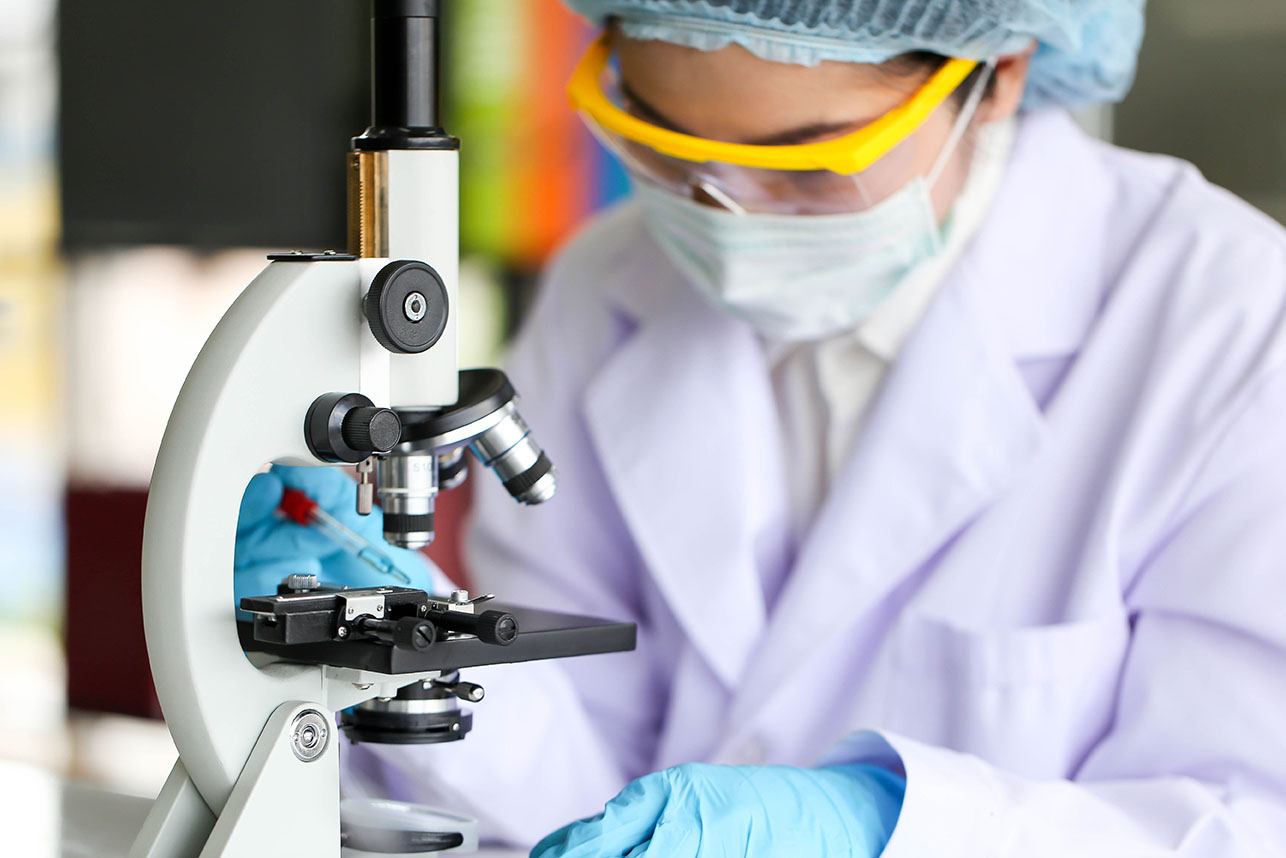

Chemistry is the study of matter and its properties. It is the science of how atoms and molecules interact with each other and how they form different substances.
Chemistry is a vast and complex field, but it is also a very important one. It is used to understand everything from the human body to the stars.
Here are some of the key concepts in chemistry:
Chemical reactions: Chemical reactions are processes that change the composition of matter. They are the basis of many important processes, such as combustion, digestion, and photosynthesis.
Chemistry is a fascinating and important field of study. It is the science of the stuff that makes up the world around us, and it is essential for understanding how the world works.
The chemistry of the elements is the study of how they interact with each other.

Noun: chemistry (plural: chemistries).
Adjective: chemical.
Verb: to chemist.
Adverb: chemically.
The word "chemistry" comes from the Greek word "khēmikós", which means "of or relating to alchemy". Alchemy was a medieval practice that attempted to transform base metals into gold.
What are the mainbranches of chemistry?
Question:
What are the three main branches of chemistry?
Answer:
The three main branches of chemistry are:
Physical chemistry: Physical chemistry is the study of the physical properties of matter and the relationships between these properties. Physical chemistry is concerned with the behaviour of atoms and molecules, the structure of matter, and the rates of chemical reactions.
Inorganic chemistry: Inorganic chemistry is the study of the properties and reactions of elements and compounds that do not contain carbon. Inorganic chemistry includes the study of metals, nonmetals, and their compounds.
Organic chemistry: Organic chemistry is the study of the properties and reactions of compounds that contain carbon. Organic chemistry is the largest branch of chemistry, and it includes the study of everything from plastics to drugs to food.
These three branches of chemistry are all interrelated, and they all play an important role in our understanding of the world around us.
Address
Developing Experts Limited
Exchange Street Buildings
35-37 Exchange Street
Norwich
NR2 1DP
UK
Phone
01603 273515
Email
hello@developingexperts.com
Copyright 2025 Developing Experts, All rights reserved.